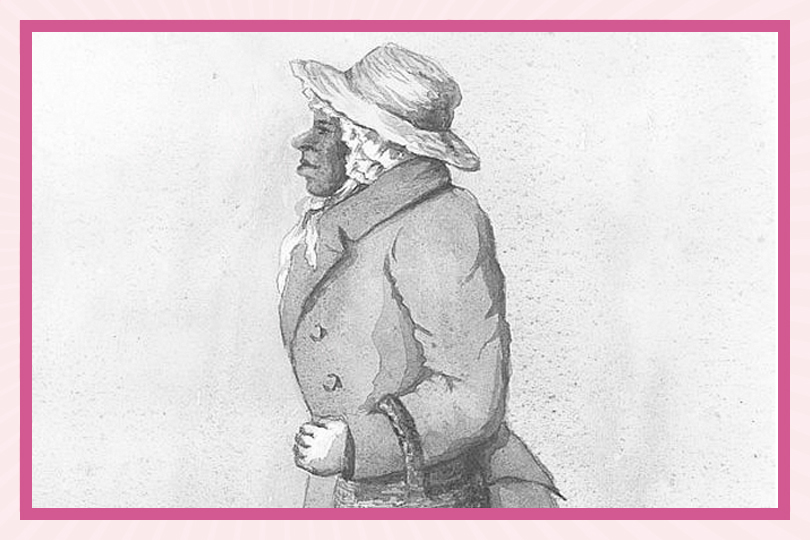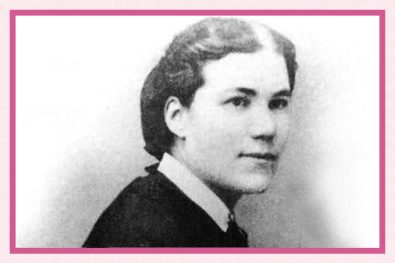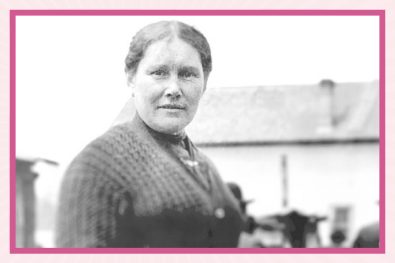In the 1780s, a young girl arrived in Canada. Her family had escaped enslavement in the United States and settled in Nova Scotia with a group of Loyalists. Over the course of her life, she not only survived the difficult circumstances and prejudices that she faced as a Black woman, but she also went on to create several lucrative businesses and became possibly the first female police officer in North America. Read on for a look at the largely forgotten life and legacy of Rose Fortune.
Early Years
Unfortunately, as is only too common with women in general, and even more so with Black women, the details around Rose’s life are scarce. Some sources say she was born in Virginia, and some Pennsylvania. It is believed that she was born circa 1774 just before the American Revolutionary War period, to an enslaved man known by the name of Fortune.
While sources also disagree on who owned the Fortune family, it is believed that they escaped their owners in 1773 and eventually made their way north to Canada. According to Merna Forster’s 100 Canadian Heroines , Rose emigrated to Nova Scotia with a group of Loyalists, including roughly 3000 Black refugees. She arrived in Annapolis Royal when she was around 10 years old in approximately 1783. As noted by the Canadian Encyclopedia, this was a popular location for Black Loyalists to settle.
Entrepreneur and Policewoman
According to Brenda J. Thompson’s article for the Dictionary of Canadian Biography, once Fortune and his wife arrived in Nova Scotia, they disappeared from the historical records.
Rose was now a free woman, but that did not mean things were easy for her. She was young, potentially on her own, and as the Canadian Encyclopedia points out, this was a time when neither women nor Black people were encouraged to pursue entrepreneurial opportunities. As Forster writes, “Black Loyalists struggled to survive in their new surroundings, despite British promises of land and protection.” At some point, Rose had three children: Jane, John, and Margaret. No records of a marriage have been found, and so it is believed that she went on to raise them as a single mother.
Somehow, she had to find a way to make a living.
Domestic service was one of the rare opportunities open to Black women, but she decided to go a different route. Instead, Rose saved up enough money to purchase a wheelbarrow, and started transporting people and goods into town from the docks. She could often be found waiting on the wharf to receive shipments from Saint John or Boston, and then carted these trunks, boxes, and carpet bags to hotels and homes. Forster writes that Rose “showed considerable initiative and determination in setting up a successful cartage business.”
Eventually, her transport business became quite lucrative, and she replaced her wheelbarrows with horse-drawn wagons.
Rose’s entrepreneurial activity did not stop there. She also set up a “wake-up call” service, in which she would notify people staying at the nearby inns who liked to sleep in, and would likely miss their ship’s departure. She had several long-time clients who relied on her timely alerts.
Rose became such a person of authority on the wharves that she started to impose and enforce curfews at the docks and in the surrounding areas. She set down the law, ensured smooth operations on the docks, broke up fist-fights, and as Forster notes, she “even resorted to spanking disobedient youngsters.” According to Thompson, she became known for wielding her walking stick when there was trouble or when she needed to defend herself.
Because of this, many people consider her the first female law officer on the continent.
Later Years and Legacy
By 1852, Rose was still working, now in her late seventies. Despite the prejudices she likely faced as a single mother, a Black refugee, and a woman, she had found a way to support her family and built several fruitful businesses, making her mark as an influential member of her community.
When she died, she left her family a thriving business. According to the Canadian Encyclopedia, her grandchildren carried on the family business for the next century, and some of her descendants still work in the shipping and trucking businesses today. And in 1984, one of her descendants, Daurene Elaine Lewis became the first Black mayor in Nova Scotia, and the first Black female mayor in Canada.
Rose’s legacy lives on in several ways. The Association of Black Law Enforcers named a scholarship in her honour, a play was written about her remarkable story, the ferry between Digby and Saint John was named the Fundy Rose, and in 2017, the federal government recognized her as a person of national historic significance and a marker was placed at her supposed burial site. Overall, Rose is remembered as a symbol of the “perseverance of Black Loyalists, who confronted prejudice and inequality to make a place for themselves in Canada.”












